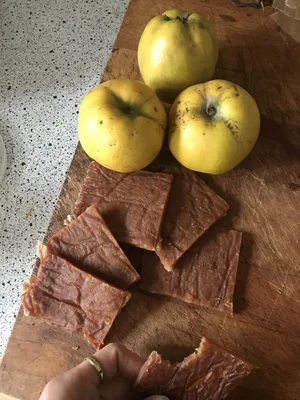Individual study contents
The study programme is firmly rooted in the principles of Education for Sustainable Development (ESD). Its structure is guided by six interdisciplinary key competences for sustainability: value orientation, systems thinking, future thinking, strategic thinking, implementation skills, and collaborative competence — all closely integrated with subject-specific expertise. This approach represents a paradigm shift in programme development, as it aligns the entire learning process with overarching sustainability learning objectives that span the full duration of the programme.
Modules per semester
In the first semester, you discover the diversity of perspectives on agri-food culture and sustainability. With artistic, creative approaches to agricultural and food culture, you will change perspectives and learn the basics of sustainable food production and plantar health. You will also receive a methodological basis for scientific work.
The second semester shows you challenges and potentials in the current agricultural and food culture. You will gain initial experience in transdisciplinary cooperation in the project module "Study partner organic sector". In the module "Acting Sustainably Effectively" you will learn about theoretical and methodological foundations of transformation research.
The third semester is entitled "Exploring potential". You start an eight-week, accompanied practical phase in internship companies from our practical network. In the module "Policy Field Food Systems" you will deal with the diversity of perspectives of actors and the influence of legislation on social reality.
The fourth semester is all about "building bridges". In the project module "Food Cultures of the Future", you will work with local actors to develop exemplary solutions to problems. With your topic and, if necessary, with mentoring, you will sharpen your profile. You also choose a specialisation from 6 compulsory elective modules, including "Sustainable Product Development" and "International Transformation of Food Culture".
Strengthening one's own profile is also the goal of the fifth semester, which begins with a twelve-week practical phase for all students and is supplemented by elective modules and a compulsory module on communication and participation. The latter is intended to prepare the results of the project module "Food Cultures of the Future" and make them publicly accessible.
In the sixth semester, all the knowledge and experience from the degree programme come together; the goal is synthesis. They complete their practical-conceptual final thesis, if possible in cooperation with a practice partner.





